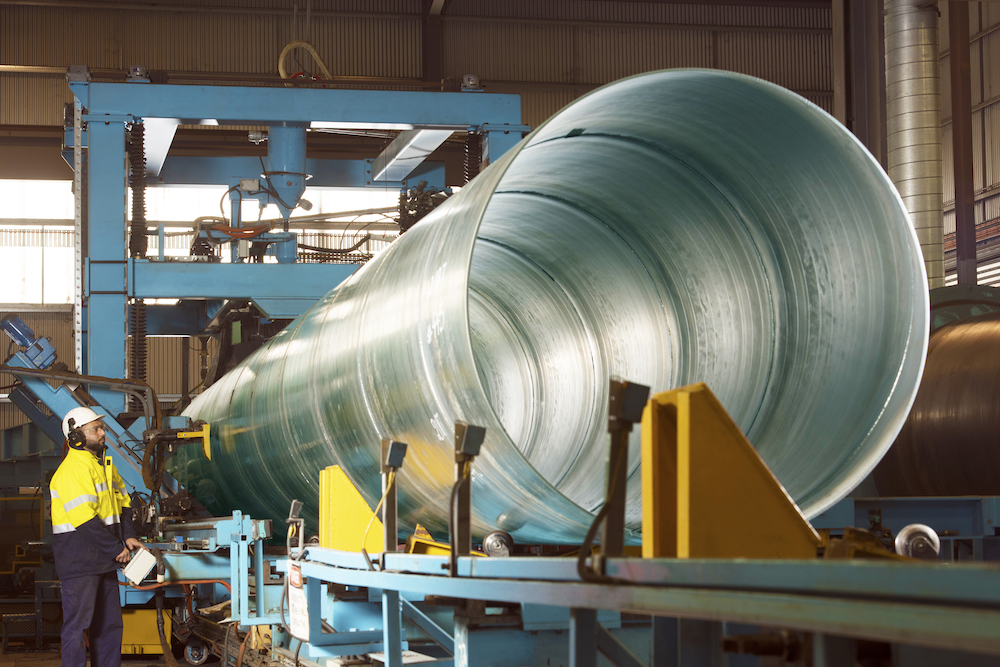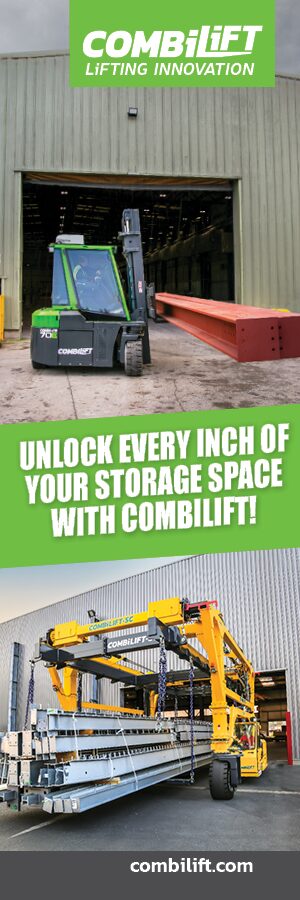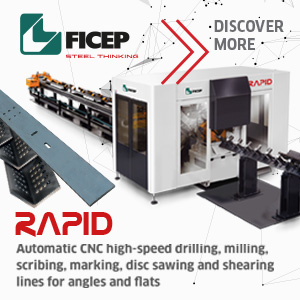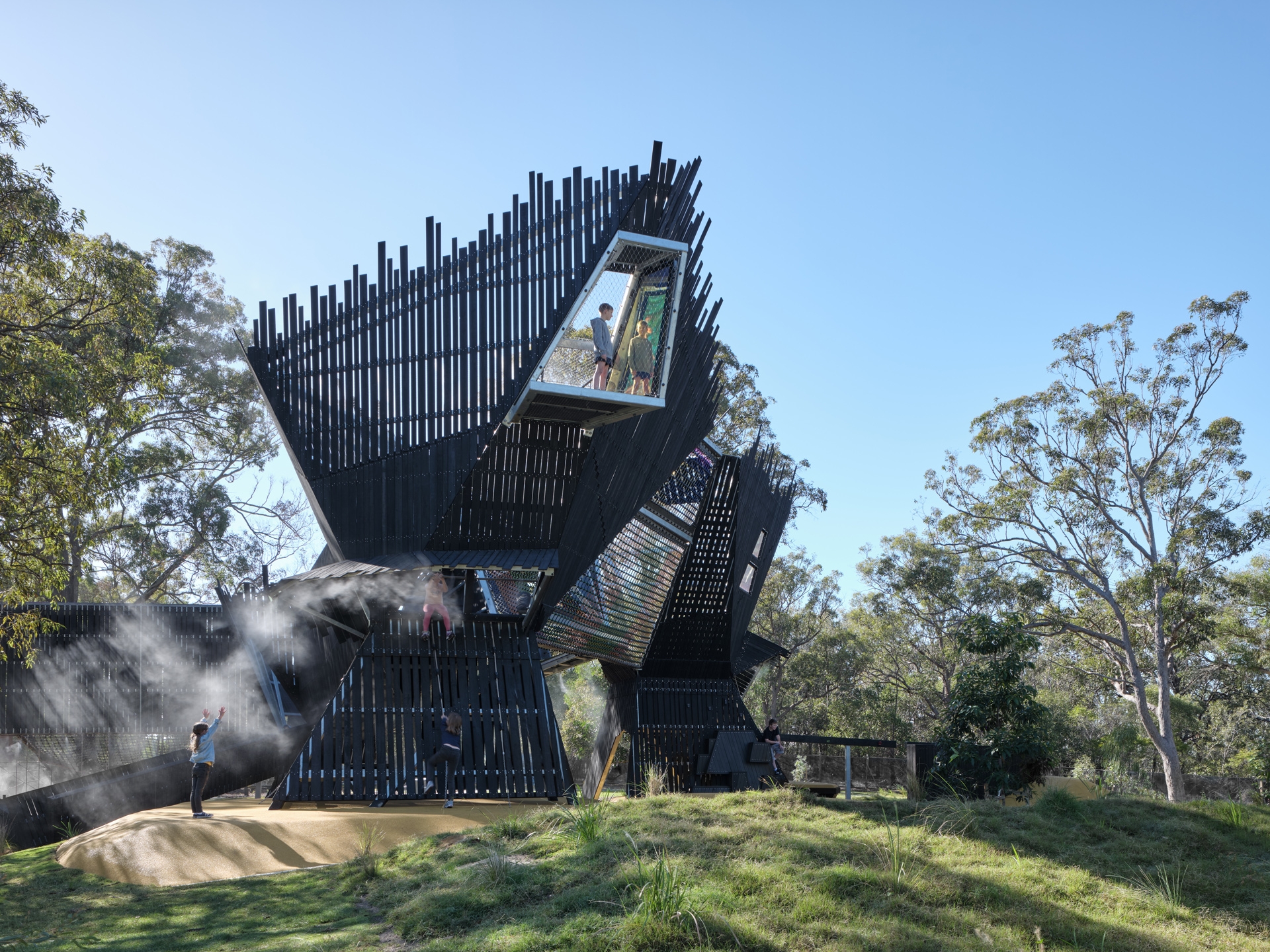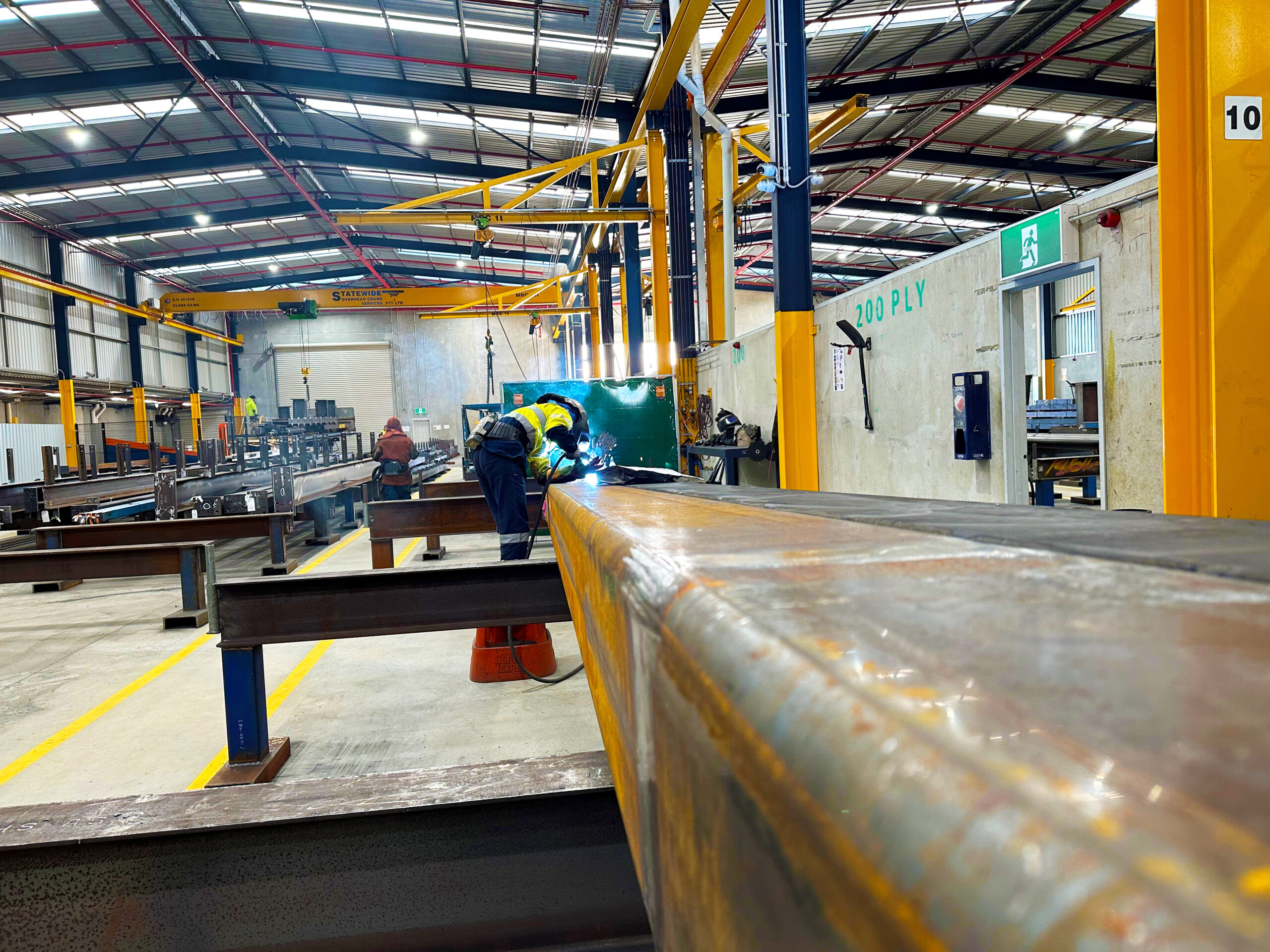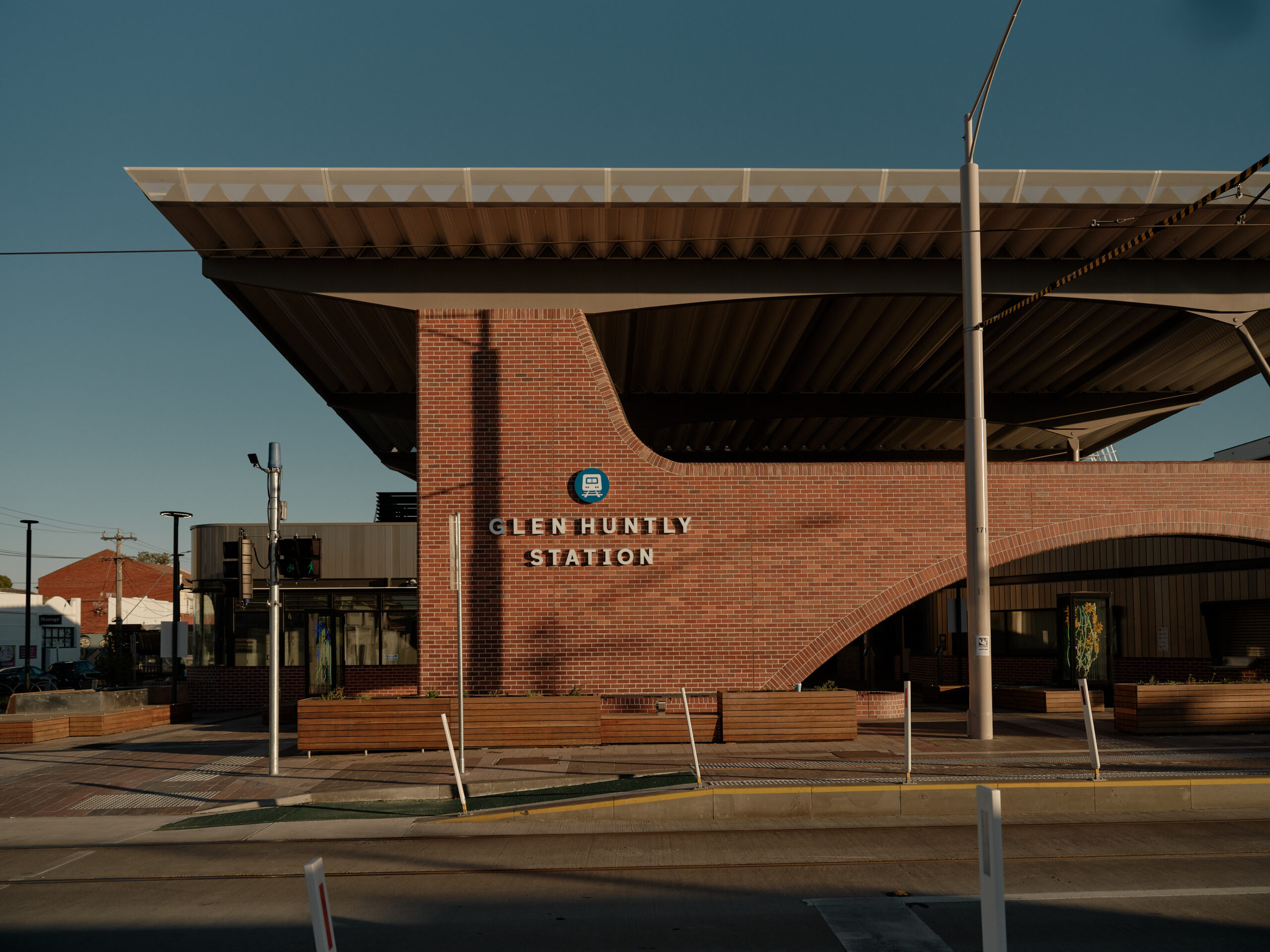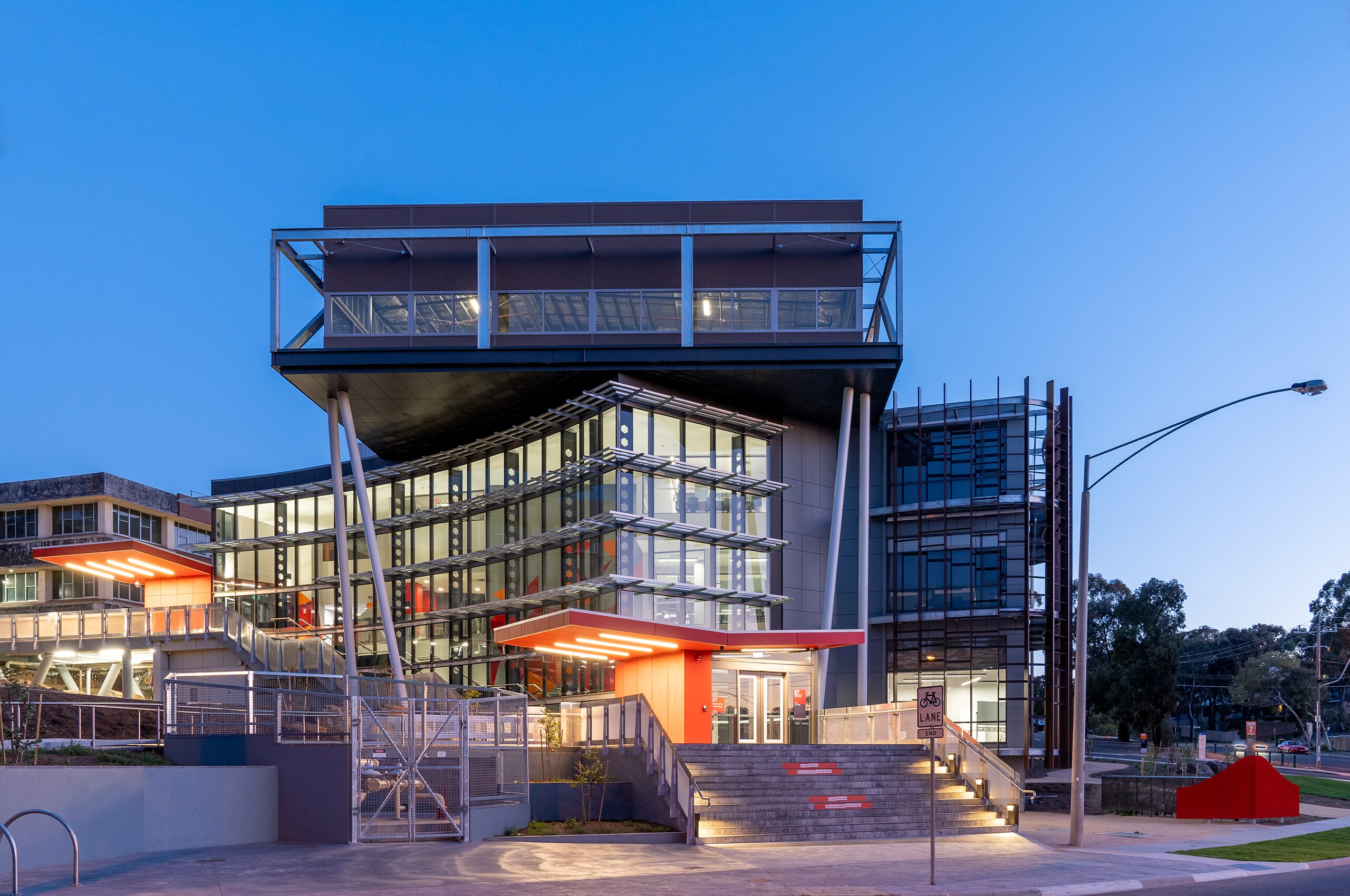Steel Mains recently published its first Environmental Product Declaration (EPD) for their SINTAKOTE® Mild Steel Cement Mortar Lined, medium-density polyethylene coated pipes. The primary purpose of the EPD is to provide transparent and detailed information for the selection of SINTAKOTE® steel pipe and its impact on the environment through selection and life cycle use by customers and water infrastructure asset owners.
Originating in 1878, Steel Mains is Australia’s leading manufacturer and supplier of complete steel pipeline systems for the transportation of water and wastewater, offering a total solution approach to our customers. Throughout Australia and the rest of the world, steel pipelines have long been used in water supply, particularly where high pressures, difficult laying conditions, security of supply, have required the strength, toughness, and security of steel.
Steel Mains and its forerunners have been at the forefront of providing solutions to the water industry for more than 140 years of pipeline manufacturing in Australia.
Over that period, steel pipeline design, manufacturing processes and technology have evolved into the SINTAKOTE® steel pipeline system, providing unique product solutions that will endure for a lifetime of water security for the communities they service. SINTAKOTE® steel pipes are manufactured in accordance with AS 1579 Arc-welded steel pipes and fittings for water and wastewater, utilising steel coil that is manufactured to AS/NZS 1594 Hot-rolled steel flat products.
SINTAKOTE® is a proprietary corrosion protection system which comprises a black medium density polyethylene which is fusion bonded directly to the steel pipe and fittings. The coating provides complete corrosion protection, as well as encompassing a unique rubber ring pipe jointing system.
A detailed technical study completed by Steel Mains confirms that the SINTAKOTE® steel pipe product has a lifetime of up to 200 years, owing to the fact that the external fusion bonded polyethylene coating provides superior external corrosion protection in almost all operating environments.
Today, Steel Mains’ products and services cover a range of industry needs both within Australia and globally, delivering quality, strength, durability and endurance.
Steel Mains has over 70,000 tonnes of annual capacity to support project owners and contractors across the country through three world-class pipe production mills in Somerton, Victoria and Kwinana, Western Australia.
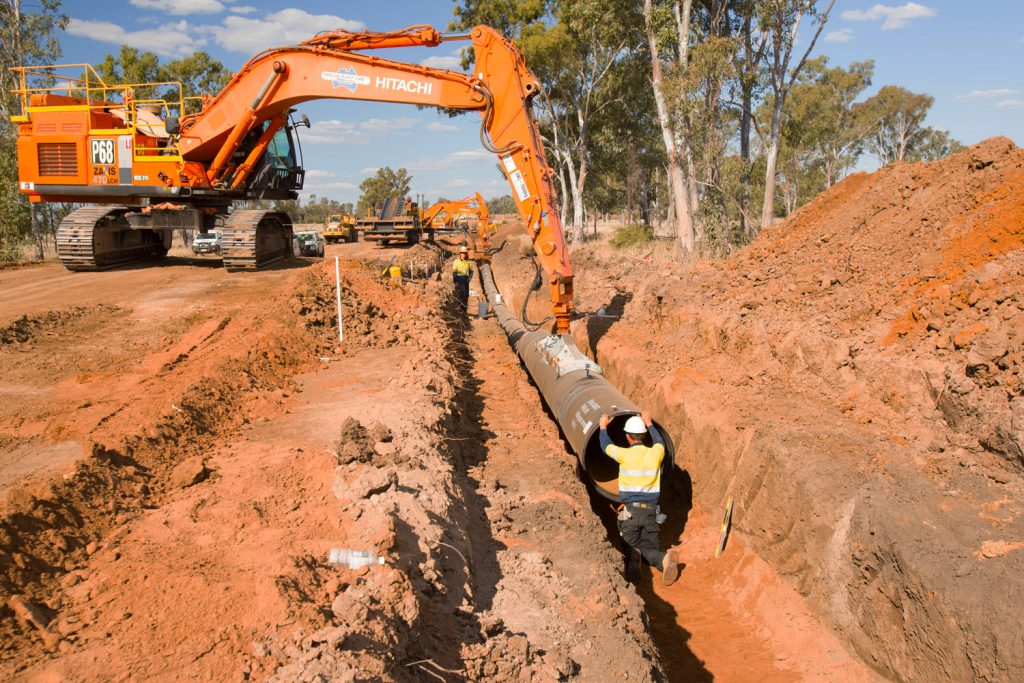
Environmental product declaration for SINTAKOTE® steel pipe
To demonstrate Steel Mains’ commitment to sustainability and transparency, the company recently published an independently verified and registered Environmental Product Declaration (EDP) as part of its sustainability strategy moving forward.
Steel Mains’ environmental commitment is to manufacture our SINTAKOTE® steel pipe more sustainably. In addition to reducing, reusing and recycling materials where possible, Steel Mains is always investigating new ways in minimising the environmental footprint of its product.
According to Ben Twigg, environment, sustainability and internal training lead at Steel Mains, “For us, the whole journey of obtaining an Environmental Product Declaration was very positive. We really wanted to kick-start our journey in terms of taking on more environmental responsibility—securing an EPD was a good starting point for us. Through the process, we were able to start setting goals and targets for the business that were realistic, but would make the largest possible impact.”
“When undertaking the lifecycle assessment of our product during the EPD process, we had to assess all the components that make up the SINTAKOTE® steel pipe product. From all the ingredients in the feedmix—including steel, sand, polyethylene, flux and welding wire—through to transport, installation, deconstruction and reprocessing.”
“It was a really good exercise in terms of evaluating our everyday activities. It gave us in-depth data on our raw materials and what their contribution to our products—and the broader environment—actually are.”
“The entire EPD process, from start to finish, took about a year and a half. The data collection portion of the process took six to eight months, and then all our data had to be verified.”
“Publishing our first EPD was definitely a necessary step for our business to take. Increasingly, our clients are calling for evidence of all the information contained with our EPD. Local councils, in particular, are looking for information on embodied carbon. Without undertaking the EPD process, we simply wouldn’t have that information on-hand,” said Ben.
Their EPD is—by no means—the end of the sustainability road for Steel Mains. The company is committed to providing an Australian steel solution where 98% of its product content is locally sourced and locally made from Australian raw materials. In fact, the Australian-based Steel Mains supply chain extends beyond materials, through to transportation and finally in construction.
In addition, Steel Mains is currently completing the Steel Sustainability Australia (SSA) certification process under which EPDs are awarded. Superseding ASI’s Environmental Sustainability Charter (ESC), the SSA Program is designed to identify sustainable steel suppliers by assessing the environmental and social impact of their steelwork manufacturing and processing operations.
It provides a holistic sustainability best practice platform for steel industry members, which enables wide participation for all steel sectors and companies, common approaches to measuring sustainability performance for the built environment, and escalates strong sustainability credentials for steel.

